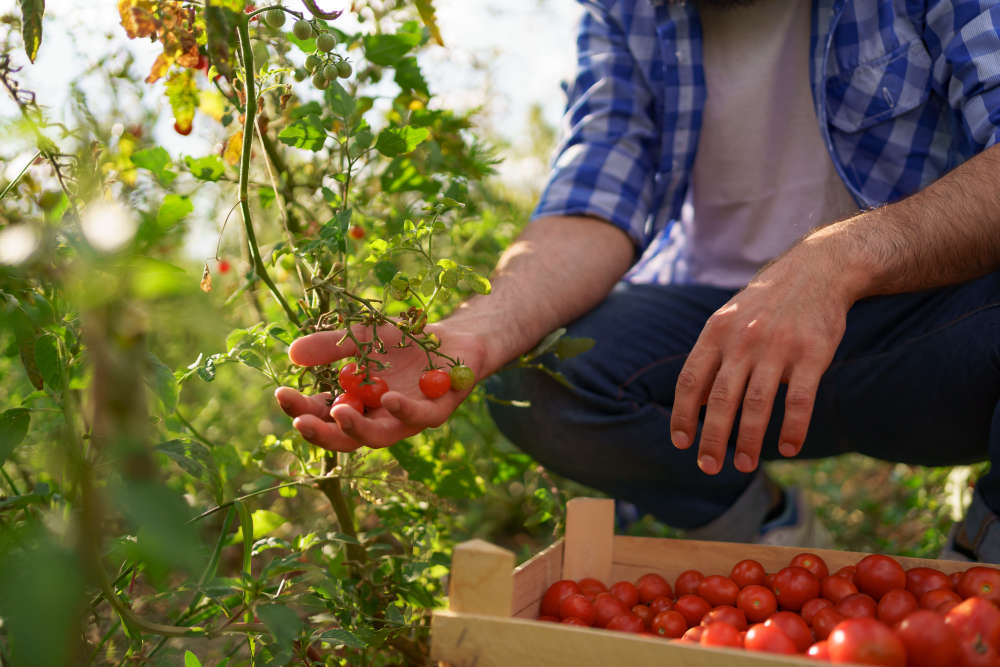
NEW JERSEY — Summers in New Jersey routinely bring heat waves. These are defined as three or more consecutive days with temperatures reaching 90 degrees or higher. While the state usually manages these conditions well, extreme heat waves with temperatures in the upper 90s and above 100 degrees present significant challenges for residents and local ecosystems. Extreme heat affects gardens. Cooler-weather plants often struggle while heat-tolerant vegetables perform better. However, extreme heat disrupts pollination, a critical process for fruit and vegetable production. Pollinators such as bees reduce their activity during peak heat. They limit their movement between flowers. This results in lower pollination rates, directly impacting the yield of many crops. Gardeners may notice fewer fruits and vegetables during these periods, not due to neglect but because of reduced pollinator activity. When temperatures return to normal, pollinators resume their role. Gardens typically recover productivity. Gardeners should expect a temporary slowdown during extreme heat waves but be reassured this disruption is reversible. Residents should take precautions to protect sensitive plants during heat waves and understand that pollination and garden productivity will likely rebound once temperatures drop.
